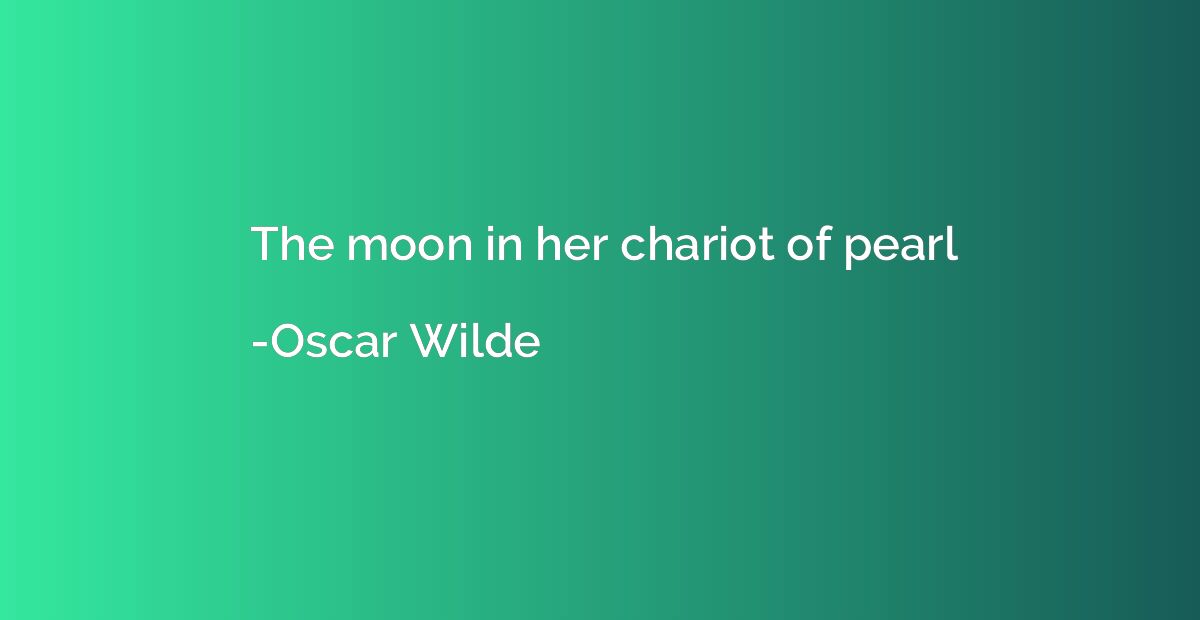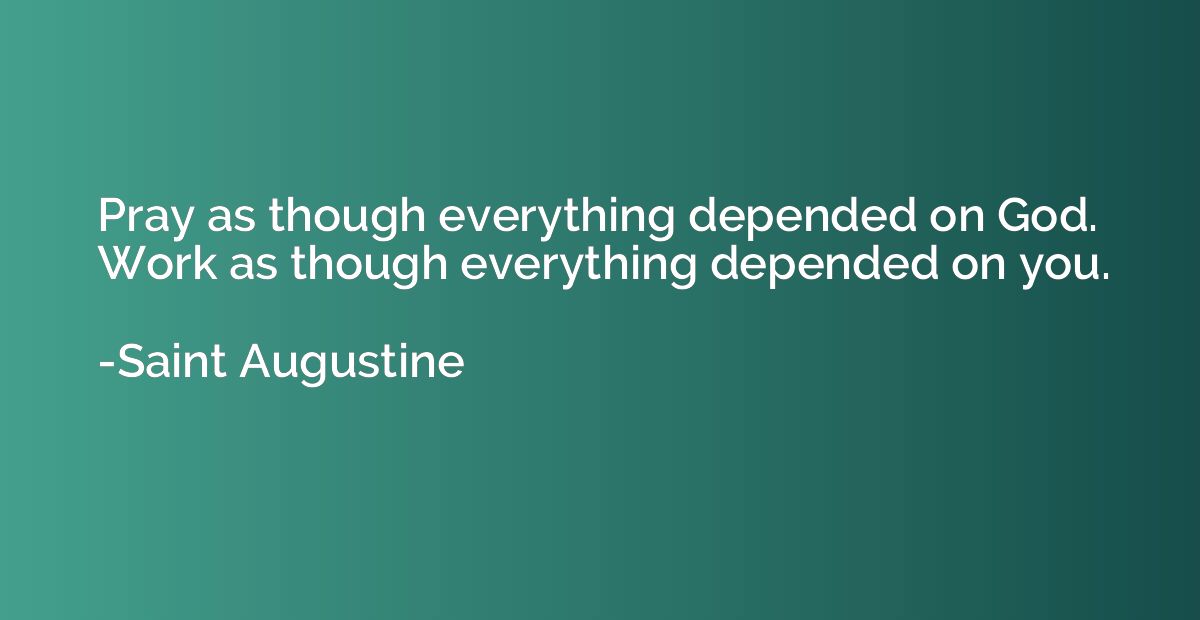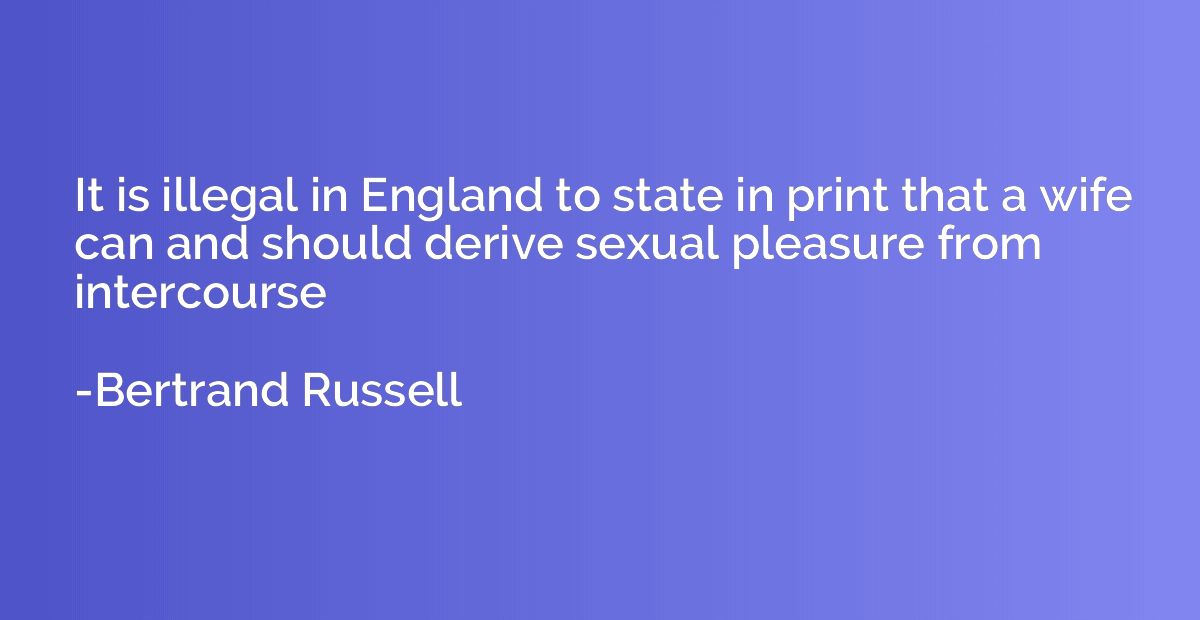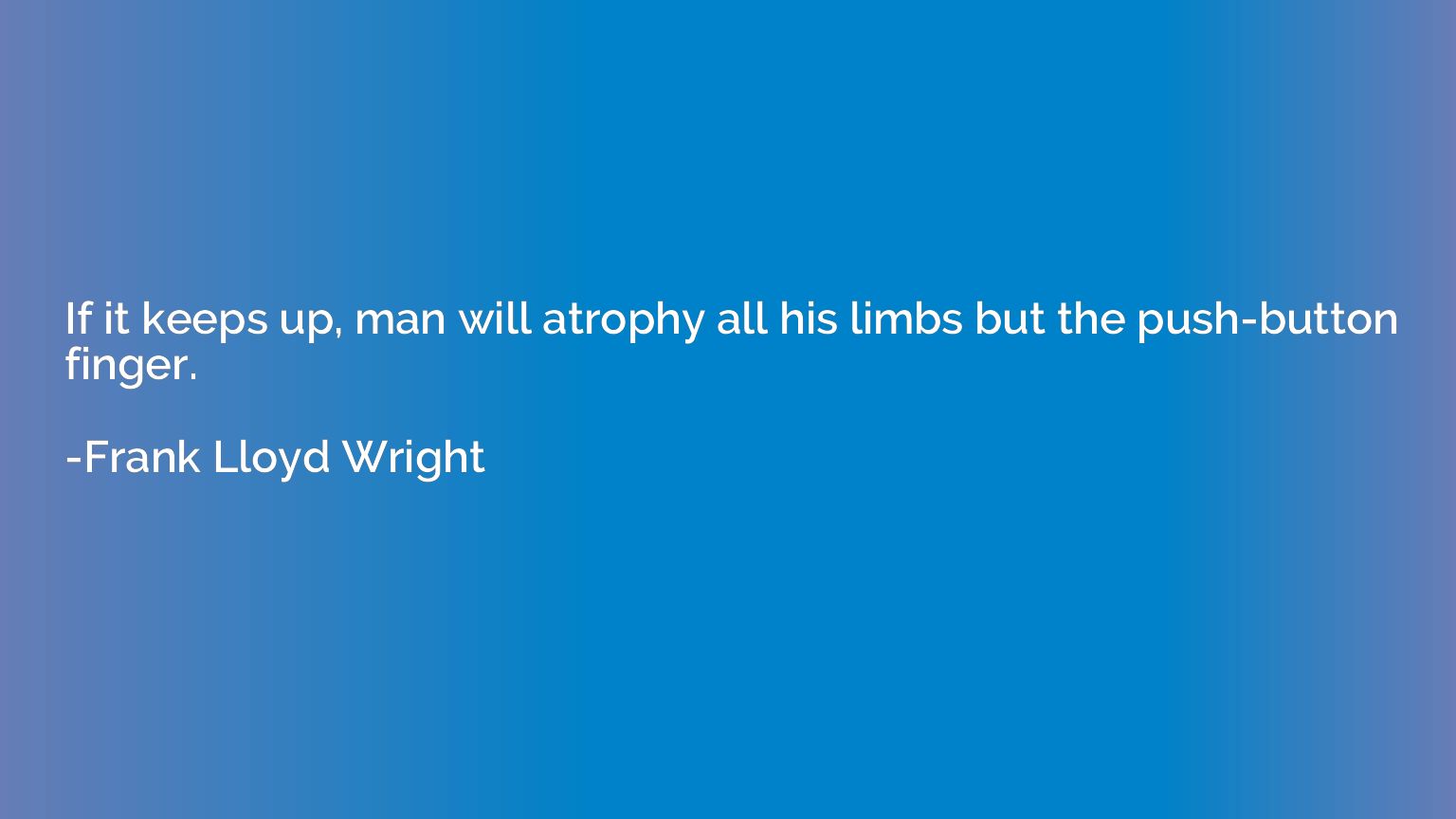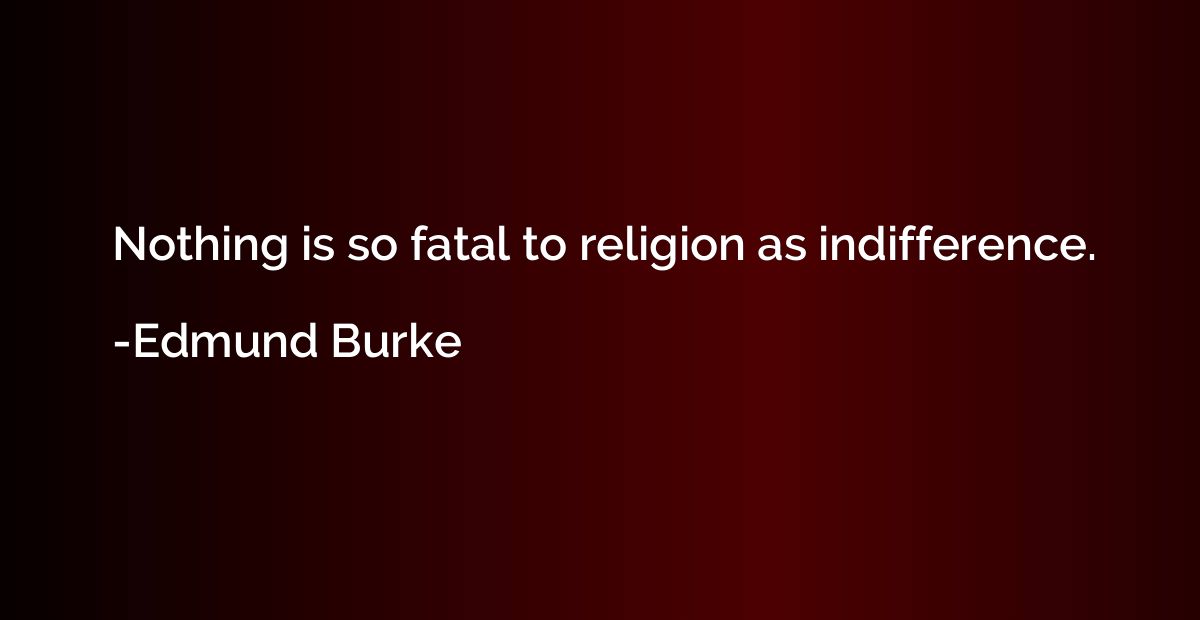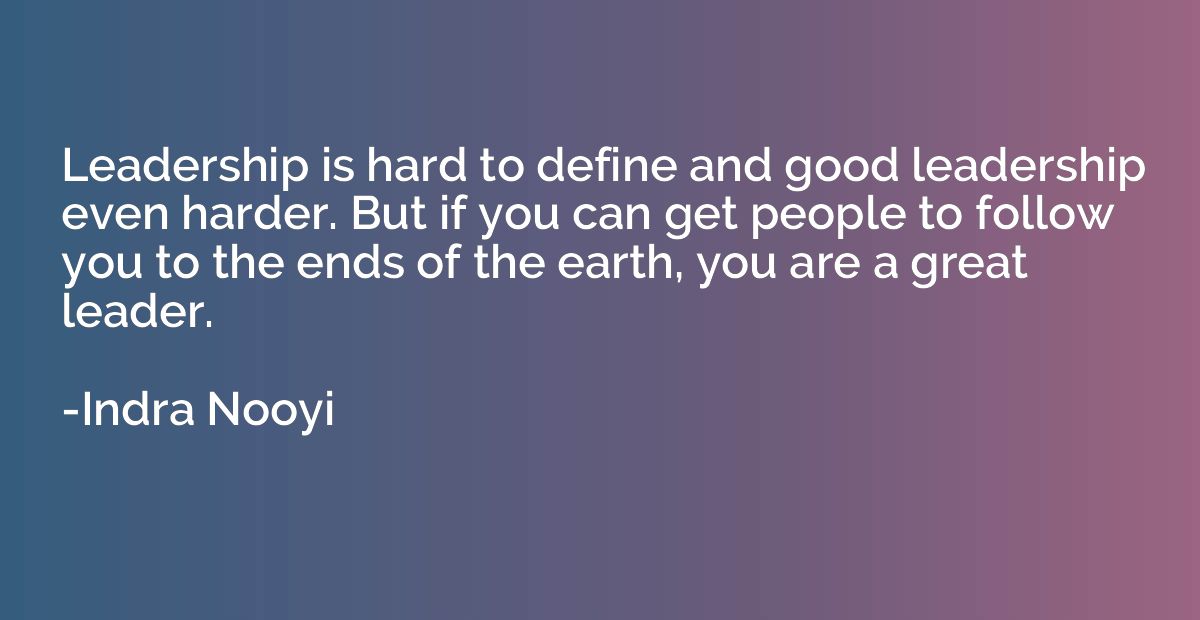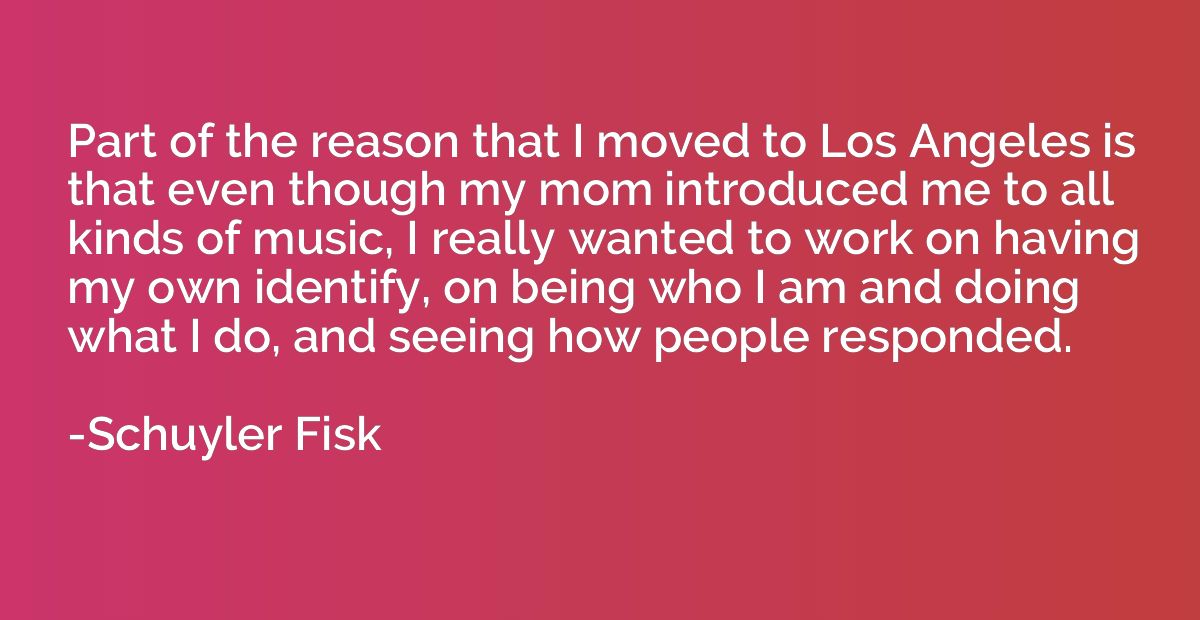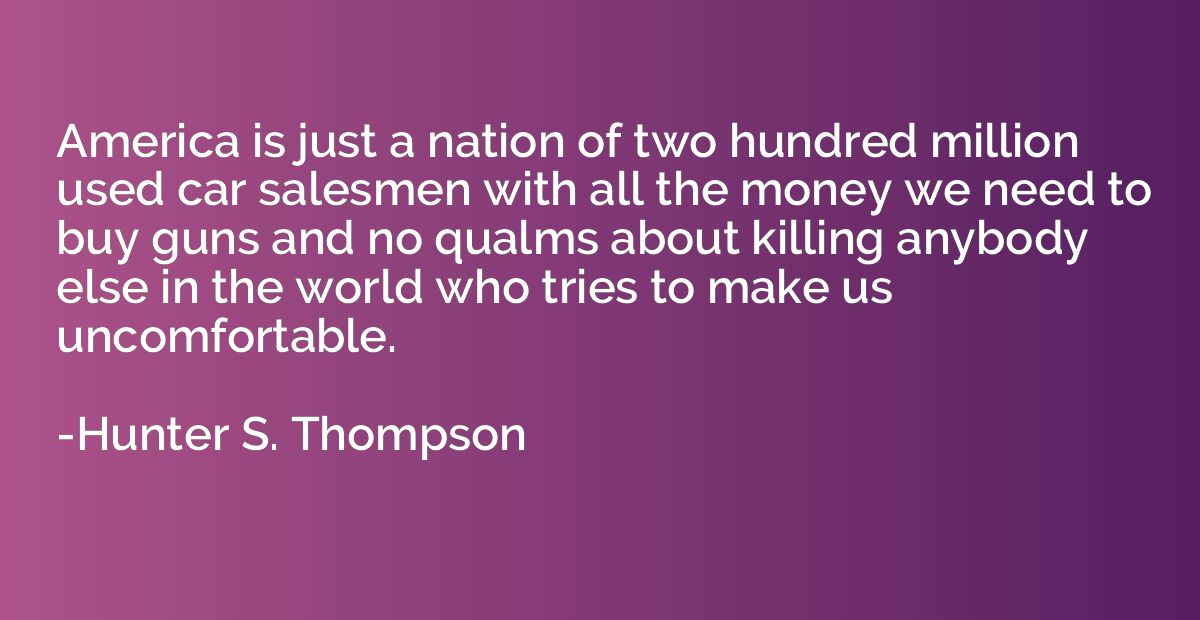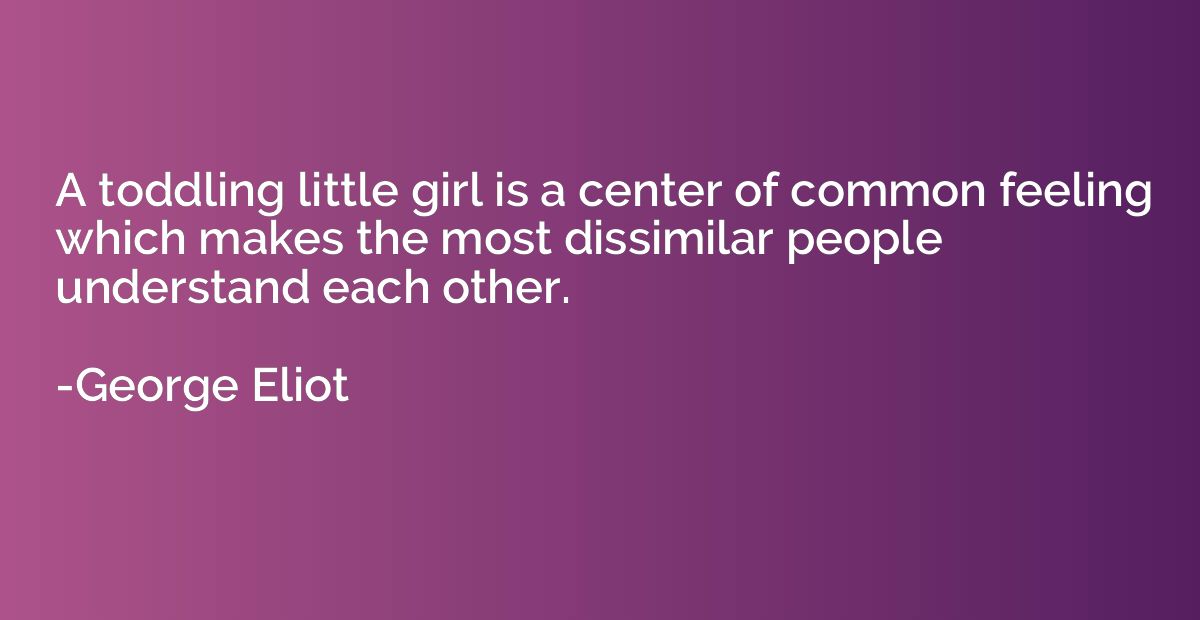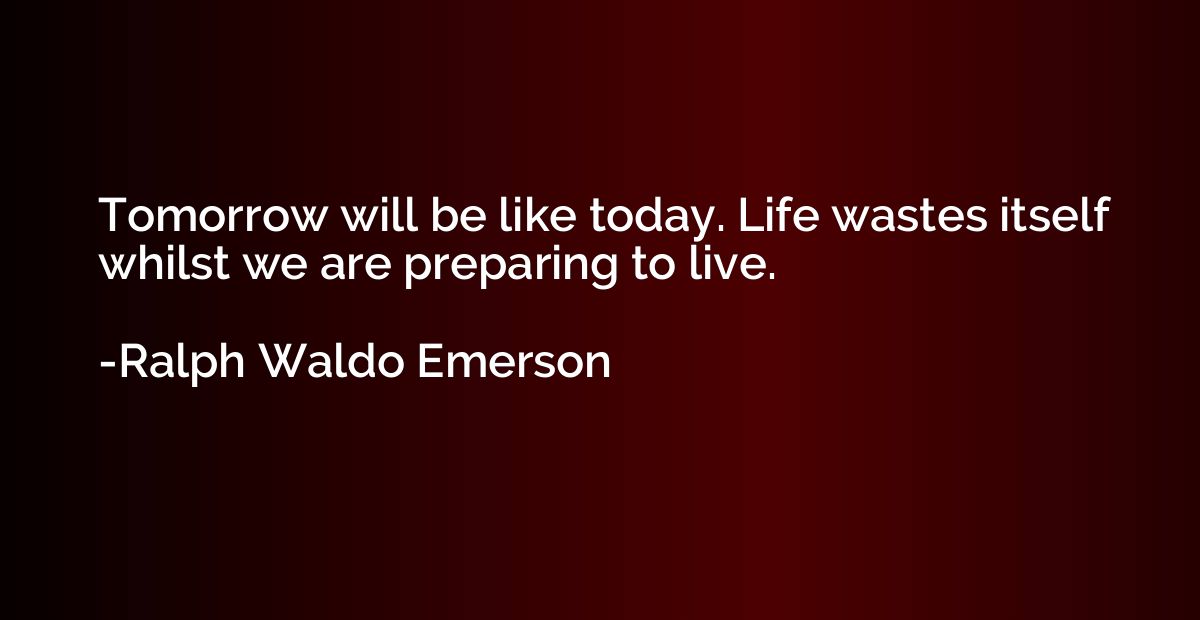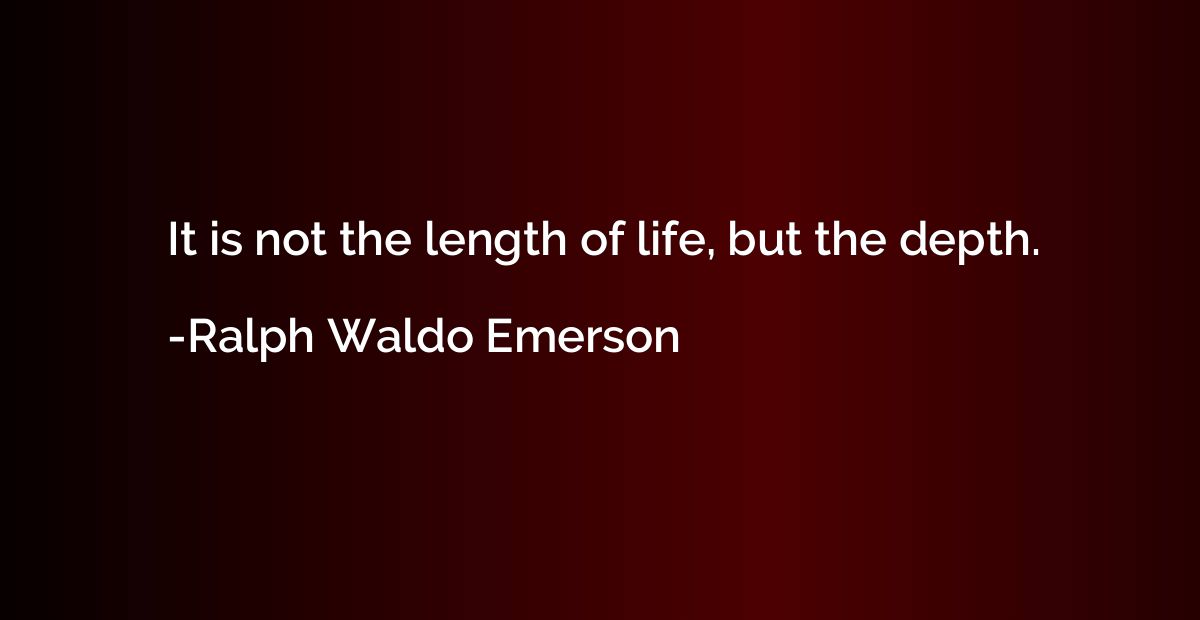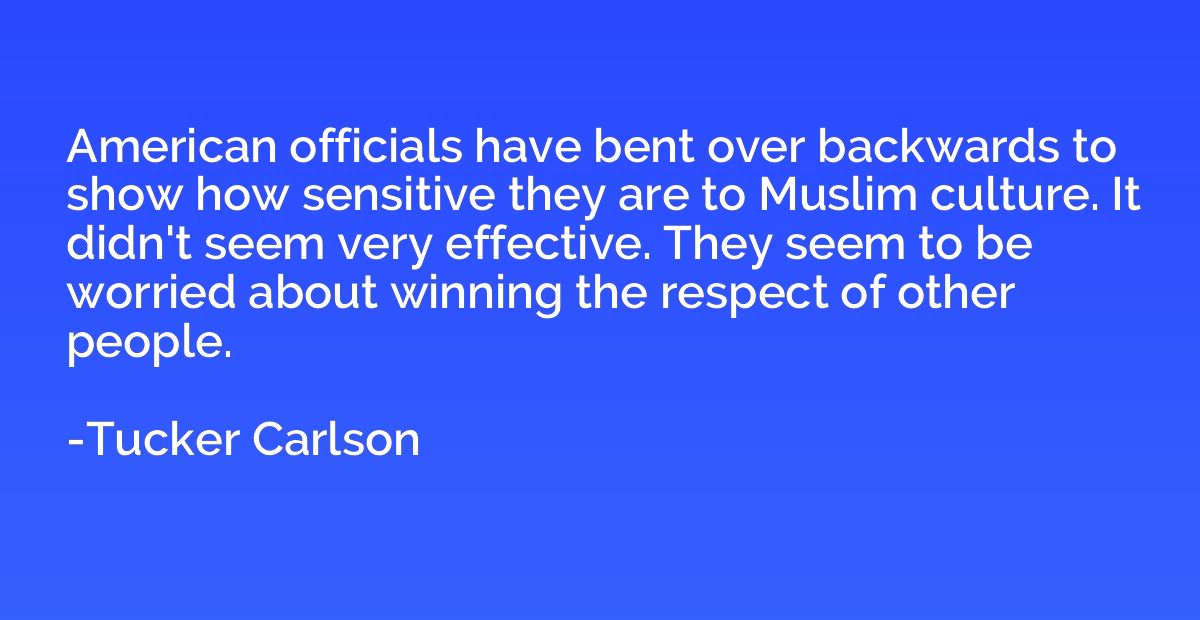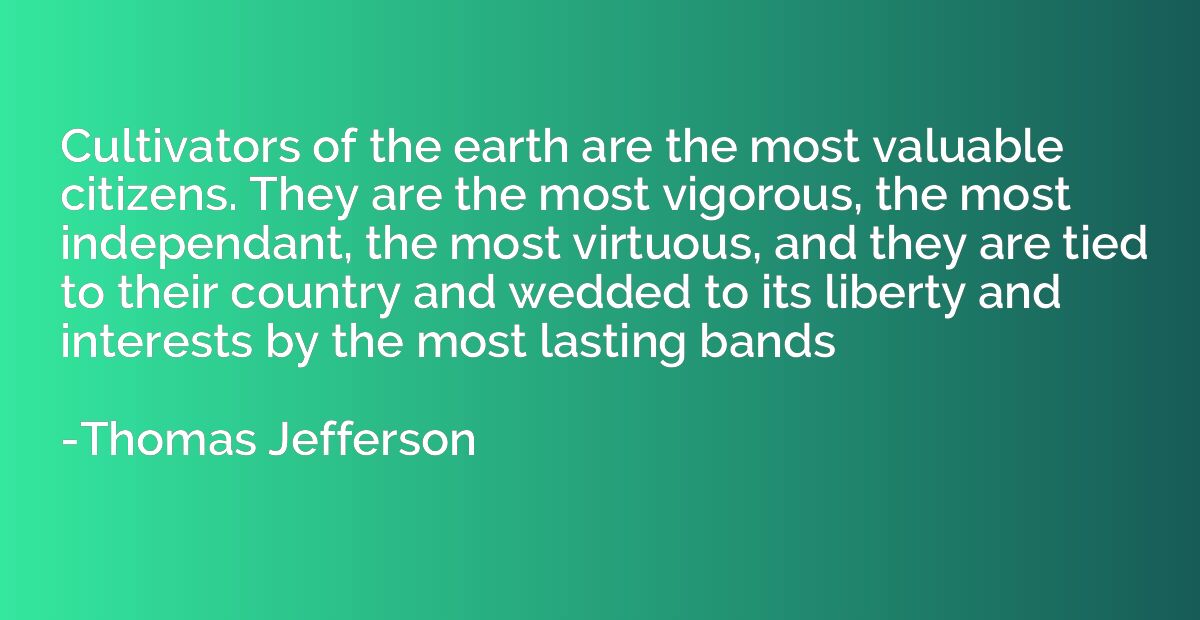Summary
This quote evokes imagery of beauty and elegance as it describes the moon, comparing it to a chariot made of pearls. It suggests that the moon is perceived as a celestial object of great splendor and majesty, depicting it as a symbol of grace and luxury. The use of pearls emphasizes the moon's luminescence and its position as a significant element in the night sky. Overall, the quote highlights the enchanting and ethereal nature of the moon.
Topics
Moon
By Oscar Wilde
